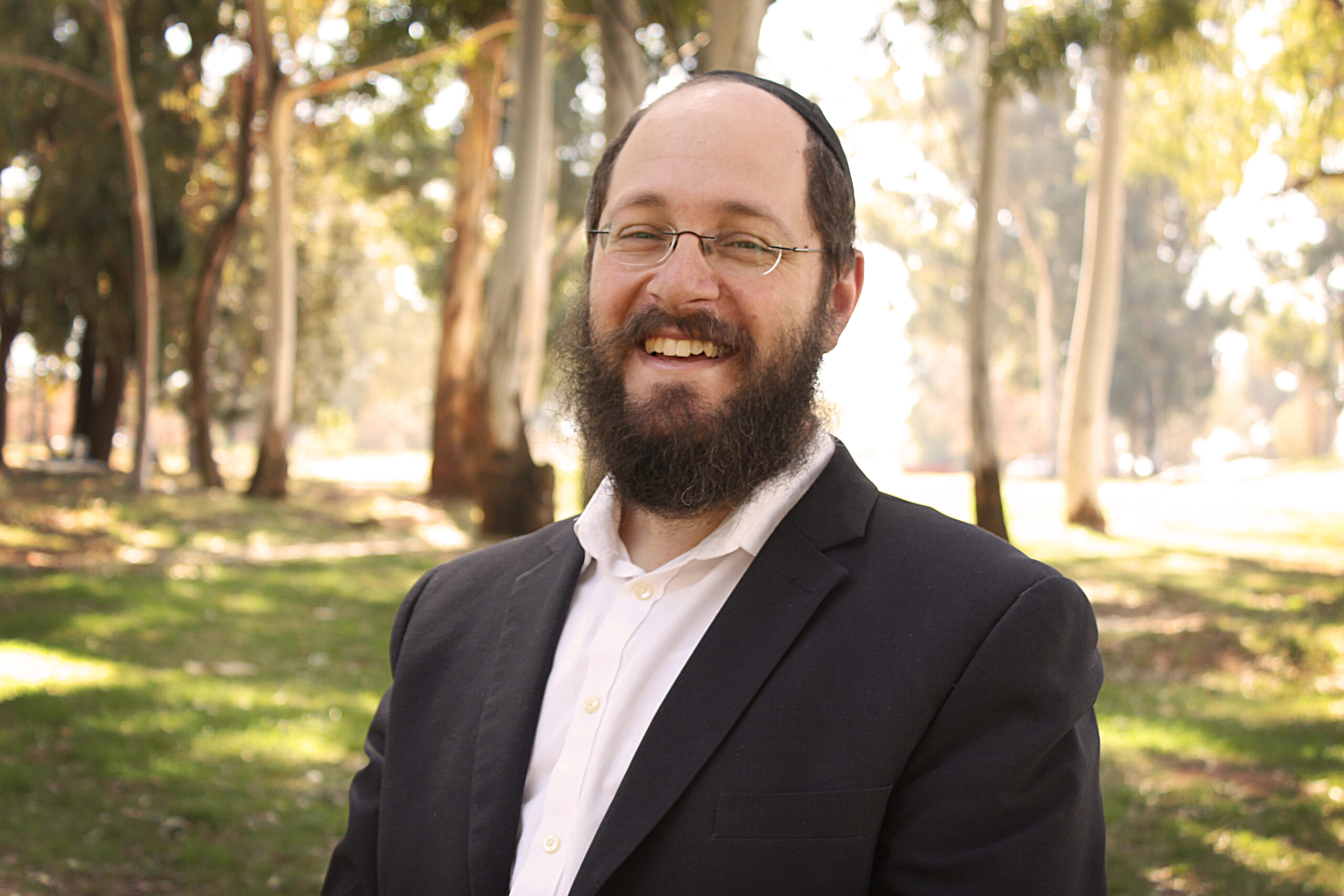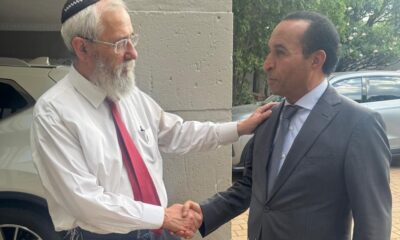
Religion

Meeting the Mountain of Darkness
“You get two kinds of climbers: those who summit and those who don’t.” Those words echoed in my head on a vintage bus lurching along the muddy byways of Arusha, Tanzania. A friend had cajoled me into joining the hike we were about to undertake. I agreed, against my better judgement. To train for the trek, I took daily walks through Sandown and read mystical texts about mountains.
One teaching resonated deeply. You get two kinds of mountains: mountains of light and mountains of darkness. Table Mountain or the Drakensberg – my prior hiking conquests – are mountains of light where you can see the peak from the ground. I was about to face a mountain of darkness, where you cannot see the top until halfway through the hike. Mountains of darkness, the mystics explain, are where real growth happens.
The bus heaved to a stop, and I caught my first glimpse of imposing Mount Meru, Kilimanjaro’s younger brother. I gazed upwards, and realised that the top of the mountain was above the clouds – and the clouds were high. At that moment, I started to doubt if I would be the kind of mountain climber who summits.
To my surprise and the disbelief of the seasoned climbers from our shul, I stood atop Meru three days later. Every muscle ached, and my chest burned as I struggled to breathe in the thin air. My soul felt alive with the realisation that I had achieved an impossible goal. Nelson Mandela’s words, “It’s only impossible until it’s done,” rang true as I stared at the endless crystal blue sky. That hike taught me one of the most important lessons of my life, namely that true growth is to conquer your mountain of darkness, and that’s achieved a single step at a time.
Pesach takes me back to the peak of Meru. Much of our group’s experience of trudging up the mountain’s interminable incline reflects the Pesach story. Jews don’t simply recall the Exodus, we challenge ourselves to relive it annually at the seder. Pesach is a profound reminder that there are two kinds of Jews – and we want to be the ones who summit.
When you read the Pesach story, you might imagine that every Israelite followed Moses out of slavery. The facts are less encouraging. Only 20% made it out. A full 80% remained behind and perished in Egypt. Shhh! Don’t tell anyone. We prefer to keep this uncomfortable information “in the tribe”.
Who would have imagined that Moses would get such a poor response to his “Let my people go” pitch? We get that Pharaoh didn’t get it, but you’d think the Israelites would have jumped at the chance to follow a leader who turned the Nile to blood and shut off the sun for a week. Moses should have had a cult following.
It’s the old 80/20 rule, and it offers a stark insight into Jewish life and personal growth. You get two kinds of Jews: those who leave Egypt and those who don’t. Pesach forces us to confront the possibility that we may be the Jew who doesn’t make it out, and challenges us to become the Jew who does.
Egypt is more than a location; it’s a state of being. We live in a personal Egypt where we feel locked into unhealthy mindsets or toxic habits. Every time we try to change or grow, our internal Pharaoh plays a compelling soundtrack of self-doubt. “I’m not strong enough/young enough/disciplined enough/focused enough/driven enough to change.” We want to break out and shift gears, but we find it easier to flop back into the well-trodden path of past mistakes.
Two hours away from Meru’s summit, our group tried to bribe our guide to take us home and tell everyone we had reached the top. Our guide stunned us with a simple, brutal response, “Don’t lose your hope.” Right there, on a mountainside, as the sun crept up over Kilimanjaro, our illiterate chaperone was channelling Moses. In Egypt, the thought of escape feels like climbing a mountain of darkness. You don’t know where you’re headed, nor do you believe you can get there. Then, your guide says, “Don’t give up, follow me, one step at a time, and I will take you places you never dreamed possible.”
Deeper than our built-in Pharaoh naysayer is our internal Moses voice. If we listen without bias, we hear our soul telling us that we can escape our toxic past and transform ourselves. Our Moses voice inspires us, but only we can rescue ourselves. Moses couldn’t make the people go. He showed them an opportunity, and worked to redirect their focus, but they had to choose to take the daunting step to change. Our mountain guide sparked our enthusiasm to keep climbing, but we had to take each step.
There are two kinds of people: those who take the first step and those who wistfully dream one day, when the circumstances are favourable, of leaving Egypt.
But, there’s only one kind of Jew.
Jacob’s great-grandchildren in Egypt weren’t yet Jewish. They became Jewish only at Sinai, once G-d presented the Torah. The 80% of Israelites who remained in Egypt were biological children of Abraham, Isaac, and Jacob who retained the choice to opt out of their spiritual connection at will.
Most of them chose their uncomfortable comfort zone over the chance to develop spiritually. They never became Jewish.
Every single Jew left Egypt. Had they not left Egypt, they wouldn’t have stood at Sinai. Once they reached Sinai, they became Jewish. This is Pesach’s lesson. We all leave Egypt eventually. Nobody remains stuck. Even when we’re ready to quit on the slope of a mountain of darkness, G-d will send us someone or something to remind us not to lose hope. Pesach reminds us that it’s our destiny to escape. Our challenge is to make the inevitable move sooner rather than later.
- Rabbi Ari Shishler is the rabbi at Chabad of Strathavon.










